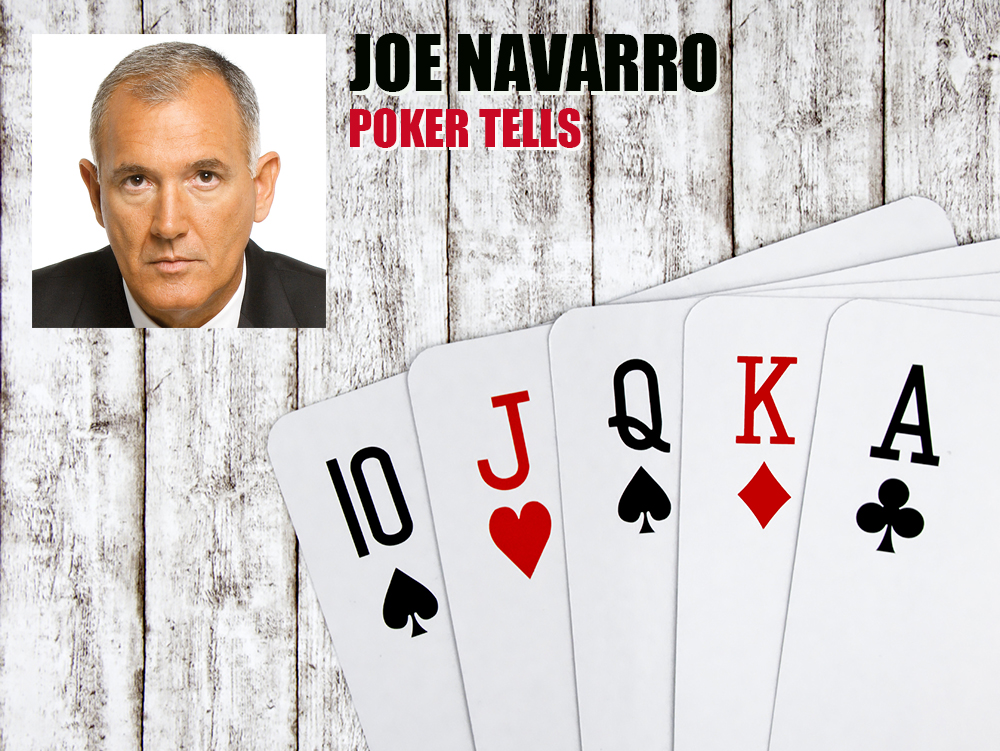Our bodies constantly transmit information, and that includes how we sit. Like software on your computer, our brain always is assessing the environment around us, even if you don’t realize it, which can be disastrous as a poker player. If you’re not careful, your brain main react to your hole cards and community cards in ways you may not intend.
It’s nearly impossible to sit still for hours on end at a poker table. An hour? Sure, but once you’re a couple of levels deep into the second day of a tournament, your body gets restless and needs pacifying through stretching, leaning and adjusting. We move into positions that comfort us, so that means you will change your posture numerous times during a tournament or long cash-game session. We slouch, sit up and lean back into our chairs. But, consciously you likely don’t think about how you sit. Your limbic brain, however, never takes a break. It’s always looking out for you.
Your subconscious decides just how engaged you’ll want to be in certain situations. It assesses any violations of your space, alerting you to adjust. If the player on your left places her cell phone too close to your space, your subconscious will tell you to move. Or it will make you stare at her or ask her to move it. If you find this hard to believe just move your drink into someone else’s space at the table and watch what happens to their torso.
I once had the privilege of playing with Sam Simon and a few of his friends. For those of you who don’t know, Simon is one of the Simpsons creators. A famous poker player who plays in this game (I’ll keep her anonymous) had a huge chip lead at the table. All of the players in this game liked to talk, but during one hand, after the turn card, I noticed she was talking from a much lower place from where she had just been. Her body had sunk as her torso went from upright to slouched. I wasn’t in the hand and it was a friendly game, so I said, “Someone is hurting right now.”
Unfortunately for her it took her until the river to let go of the hand, realizing she was beat. Then she asked me what I noticed. I told her that her body sunk suddenly when the turn card landed. She couldn’t believe it was that obvious.
Isn’t it remarkable that the best in the game still have difficulty recognizing simple tells? Our limbic brain controls our posture at all times, we just don’t notice it. When someone gets good news their internal excitement is reflected in their posture. When they hear bad news, their shoulders sink and their posture shrinks. Psychiatrists know this and use it to see if their patients are making progress, especially when dealing with depression.
Check this theory out at home. The next time you play online and get pocket aces, see if your body sits up just a little bit. Do you get engaged a little more with your computer? The change in your posture will be noticeable. Once you recognize the changes based on your reaction, it’ll be easy to see those changes in opponents.
Watch for players who sit up instantly after looking at their hole cards. Also, if their posture falls, you can deduce they likely have a poor hand and won’t play. Don’t watch the flop, turn or river, look at your opponents instead. The cards will be there when you’re ready.
Be aware that you’ll constantly be adjusting in ways you may not realize. You may sit up when strong and may sink when weak. Just be attentive. Of all nonverbal tells your posture is not as hidden as you may think.
The more repetitive and predictable your actions become, the less opponents will focus on you.
Try to find a position that’s comfortable and try to use that position at all times. If you notice you’re giving away too much information with your posture then walk around for a bit. That distraction will take the pressure off and may realign what others perceive. Your bankroll will thank you for it.
— Ex-FBI counterintelligence officer Joe Navarro of Tampa specialized in behavioral analysis for 25 years. He has penned numerous nonverbal books, including Read ’Em and Reap, which you can find on Amazon.com. Email Joe at editor@anteupmagazine.com and he’ll answer your questions.



